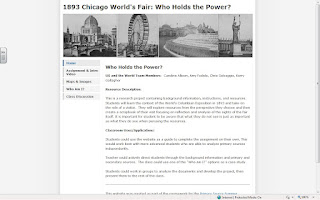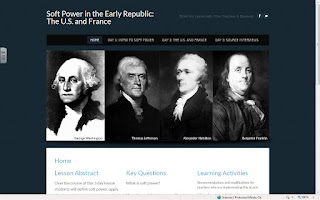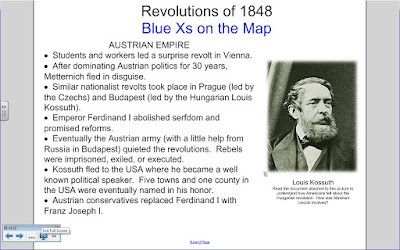College? Election? What the *#^&?
The Electoral College: a mystery to all children and most adults. Image Credit: Jeff Jacoby In the past there have been protests staged and editorials fired off in opposition to it. Despite all the hullabaloo, the system has been around since the ratification of the United States Constitution and does not appear to be going anywhere. So, if many ADULTS don't understand it, how could the average middle school history teacher explain it to a classroom full of 28 of the average American adolescent? Here's my attempt. I started class by explaining that the presidential election is special and is decided differently than all other elections. I explained that it would be almost impossible for my students to avoid election night coverage tonight since all major news outlets will be covering and almost all regular programming will take a back seat. Political pundits will start making statements like, "Obama has won Massachusetts," and, "Romney has won Texas



